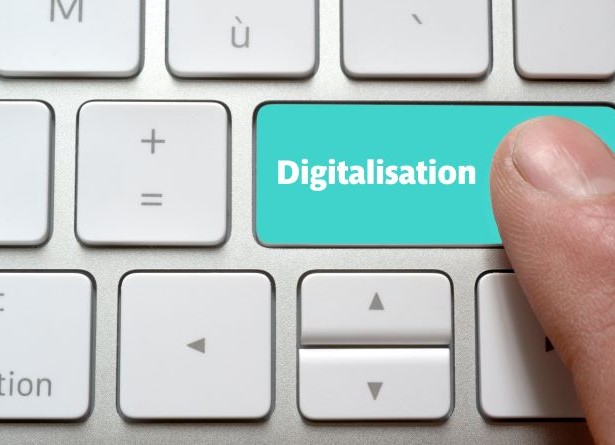
A vast majority of business do not yet understand key aspects of the government’s plans to digitalise international trade in the UK, a new poll has found.
Only 13% of delegates on an IOE&IT webinar this week about steps traders need to take to prepare for digitalisation said they understood what a ‘Single Trade Window’ or ‘Ecosystem of Trust’ is.
Both are central concepts in the government’s 2025 Border Strategy.
‘Not a surprise’
“It’s not surprising, they’re new terms for traders and anyone involved in international trade to get used to,” said Vicky Payne, deputy director of the IOE&IT Academy on the webinar.
“It is new to people, but you need to start following government updates about programmes like the Single Trade Window because it will become more important going forwards,” she added.
She noted that Single Trade Windows already exist internationally, including in Kenya, New Zealand and Singapore.
According to IOE&IT research paper Trade Data and Digitalisation (published in March 2022), digitalising trade data could add 1% to UK GDP, while the International Chamber of Commerce has estimated that it could free up £224bn in efficiency savings.
Single Trade Window
The World Customs Organisation (WCO) defines Single Trade Windows as “a facility that allows parties involved in trade and transport to lodge standardised information and documents with a single entry point to fulfil all import, export, and transit related regulatory requirements”.
For instance, in the UK it is hoped that a trader moving animal origin goods, as an example, will be able to submit all customs, SPS (sanitary and phytosanitary) and other trade-related information required by government in one go through a single sign-on.
This would simplify trade processes for that trader, who currently has to submit similar data multiple times to different government departments such as HMRC and DEFRA.
Ecosystem of Trust
The government has also invited industry stakeholders to develop a pilot of the Ecosystem of Trust, which it says would “allow a great deal of processes to be moved away from physical frontier”.
The system will deliver a more “frictionless import/export experience and would enable government enforcement agencies to be more focused on those who are deemed to be a higher risk”.
The government says that such an ecosystem is built on “technological capabilities, real-time data and trusted relationships”.
Feasible
On another IOE&IT webinar in February, the UK’s Single Trade Window deputy director Philip Stansfield said the programme is being delivered as part of the 2025 strategy and is expected to be designed “iteratively”, with full functionality developed by 2027.
Chris Gledhill, the chief executive officer of digital transformation specialists PMDS, who spoke on this week’s webinar, said that the timelines set out by government were “doable” but only if it takes a “practical, lean approach”.
“Provided one can marshal the data upfront and understand the workflow, it’s a relatively easy thing to automate that process,” he said. “It also becomes easier to lobby government and participate in the development of an effective set of tools to receive the data, for example the Single Trade Window.”
Simplification
Traders speaking to the IOE&IT Member Monthly bulletin have said that the creation of new portals, like the Single Trade Window, is a great opportunity for government to simplify the administrative requirements around international trade.
“Different government departments – DEFRA, Border Force, HMRC – need to streamline their requests of us,” said Anna Doherty, imports and export manager at Hillarys Blinds. “The great thing about the development of a UK Single Trade Window is the government is seeking traders views as part of the process.”
Challenges
When asked what the biggest challenge will be when adapting to new digital trade processes, 40% of delegates on this week’s webinar said that IT skills and implementation would be their biggest hurdle, followed by managing partners (24%) and cost (18%).
On another poll, 53% of delegates said increased speed and efficiency will be the single most important benefit of trade digitalisation, followed by reduced trade complexity (29%).



